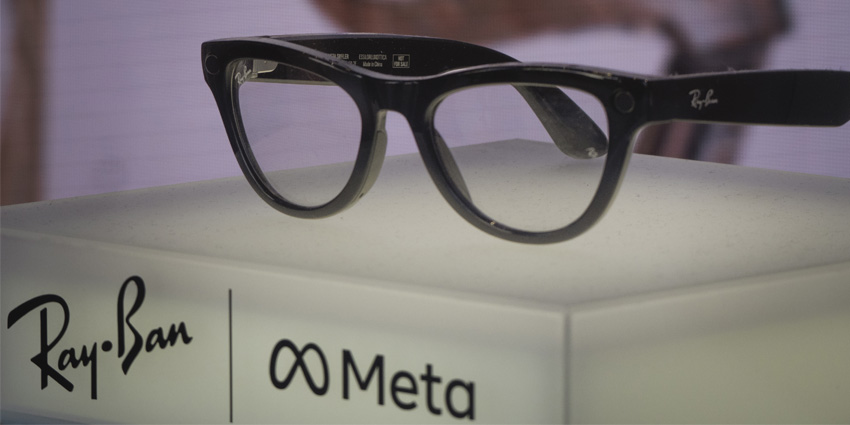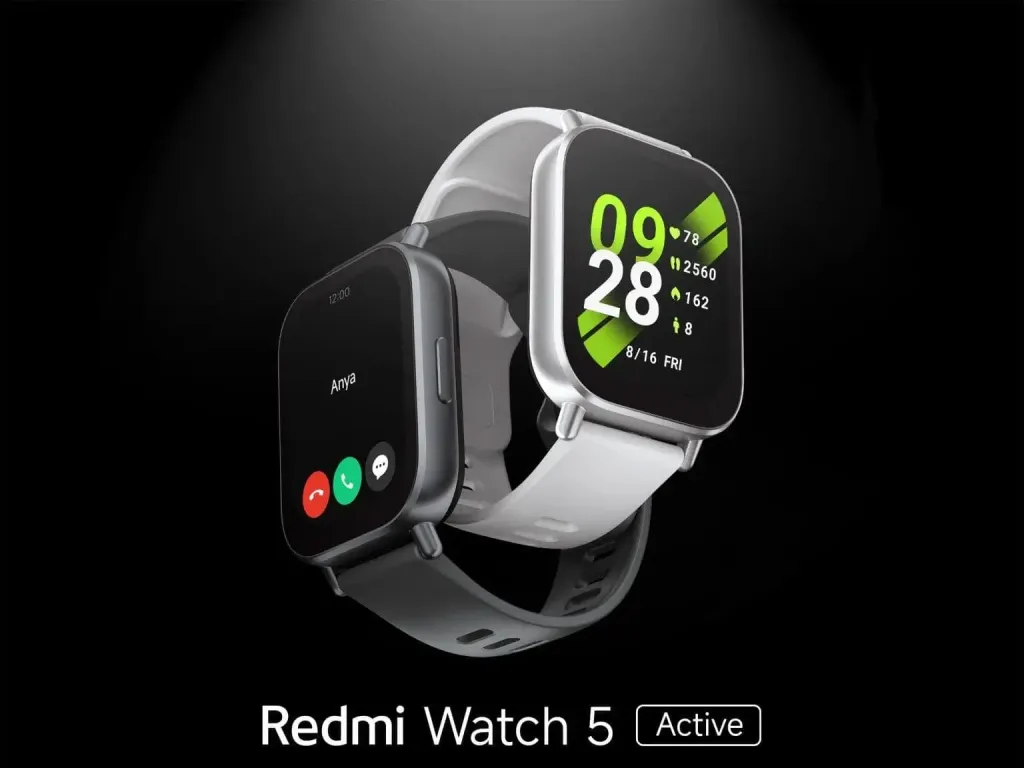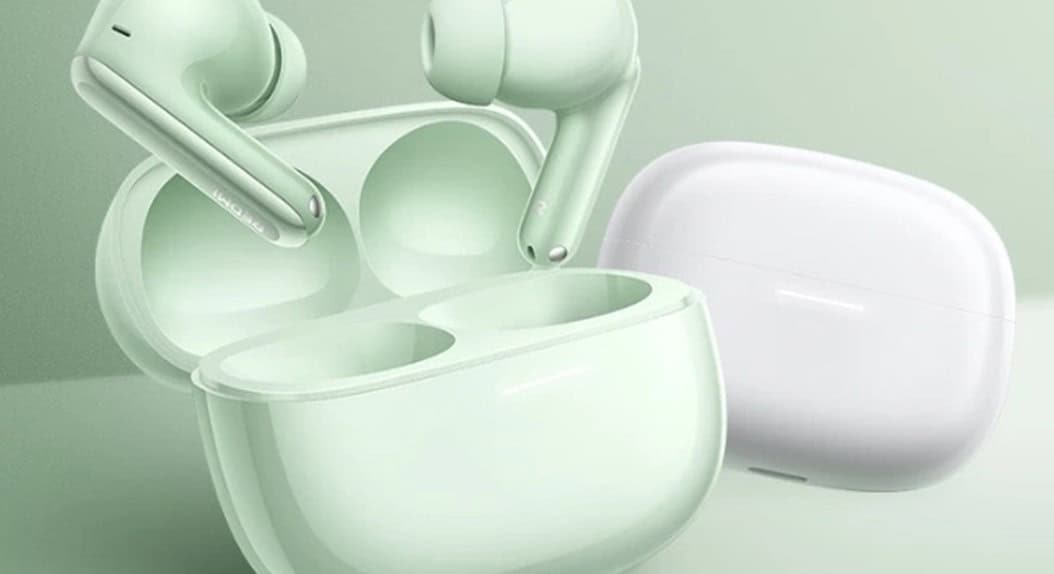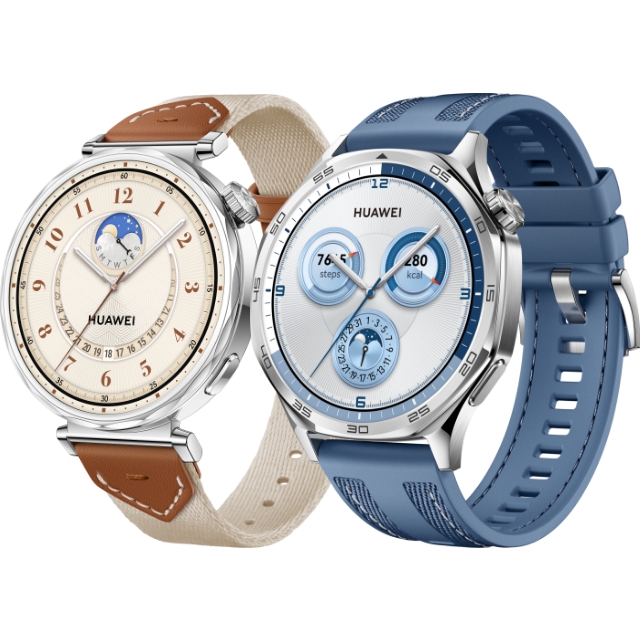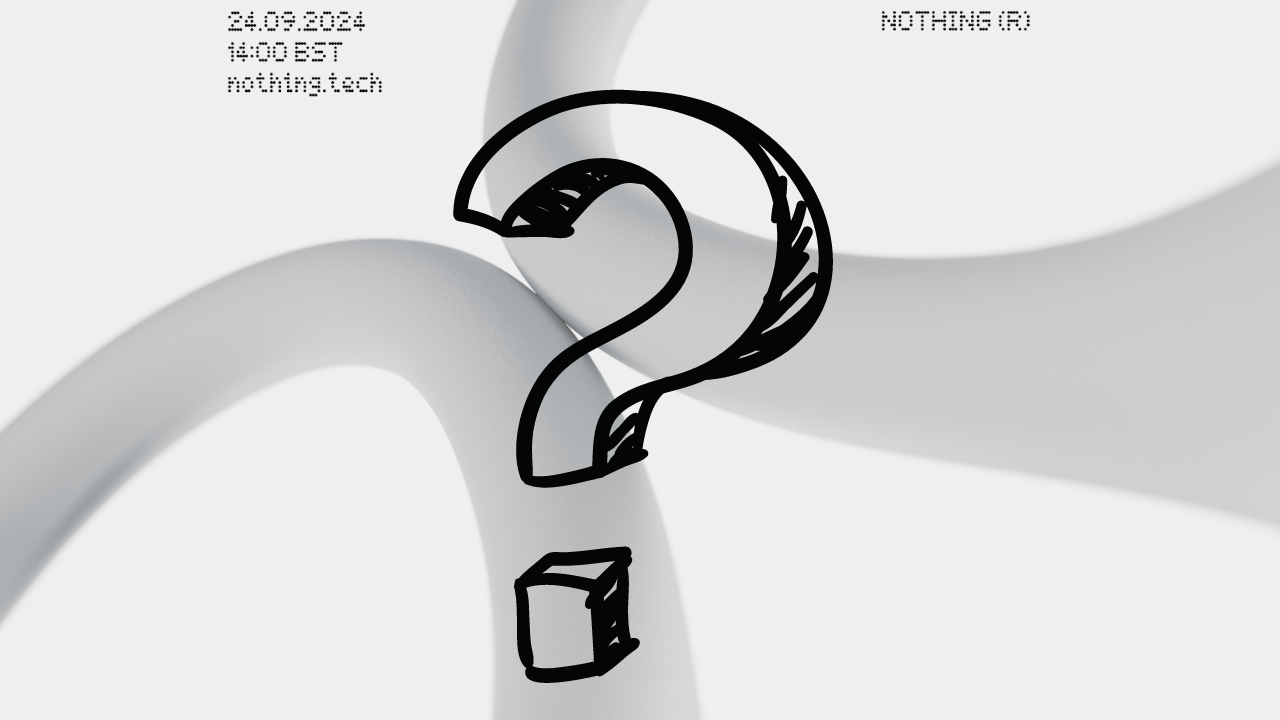
The Rise of Smartwatches
Wearable devices, particularly smartwatches, have evolved from simple time-telling devices to comprehensive health and fitness trackers. The journey began in 1998 with the Seiko Ruputer, the first smartwatch, and today, brands like Apple and Samsung lead the market with advanced features. Despite their growing popularity, prices vary significantly, from premium models priced up to Rs 70,000 to cheaper versions available for Rs 100 on roadside stalls.

Life-Saving Capabilities
Smartwatches can offer more than just fitness tracking. There have been cases where these devices have saved lives. For example, in May 2024, a woman in Delhi was alerted by her Apple Watch when it detected an abnormally high heart rate, prompting her to seek immediate medical attention.
Another case in 2023 involved a man in Norway, who used his smartwatch to call for help after an accident during a run.
Wearable Health Features
These devices can measure:
Heart Rate
Calories Burned
Steps Taken
Sleep Quality
Blood Oxygen Levels (SpO2)
Electrocardiograms (ECG)
Respiratory Rate
Body Temperature
Blood Pressure

For athletes, wearables also track detailed workout data, from running and cycling to swimming. Some devices even offer menstrual cycle tracking and posture monitoring.
But How Accurate Are They?
While these features sound impressive, scientific studies show mixed results regarding their accuracy.
Here's a breakdown of what to expect:
Heart Rate: Wearables can measure heart rate with an error margin of about 3%. Factors such as skin tone, exercise intensity, and tattoos can influence accuracy.
Steps: The average step count is usually underestimated by 9%.
Calories Burned: Devices often struggle to accurately track calories, with errors ranging between 14.76% and 21.27%.
Sleep Tracking: While wearables can track sleep, they tend to overestimate total sleep time by 10% and misjudge when you fall asleep or wake up.
Not all wearables are created equal. Dr. Shrey Kumar Srivastav points out that accuracy can vary depending on the device's quality, sensor technology, and proper usage. For example, optical sensors that measure heart rate can be affected by how tightly the device fits or whether the user has darker skin tones or tattoos.
Smart Rings: The New Fitness Accessory
Smart rings are a new trend in wearables, offering similar functionality to watches in a smaller form. However, smaller sensors can affect their accuracy. As Dr. Tushar Tayal notes, the data quality from rings might not match that of more established wearable devices.

Be Wary of Cheap Wearables
While affordable wearables might be tempting, they come with risks, including:
Inaccurate Health Metrics
Data Privacy Issues
Limited Lifespan and Software Support
When considering a wearable, think about your specific needs. Whether you're tracking workouts, monitoring health, or just looking for convenient notifications, it's essential to research the accuracy of the metrics that matter most to you. Ensure the device integrates well with your existing apps and platforms, and check how the company handles your personal data.





